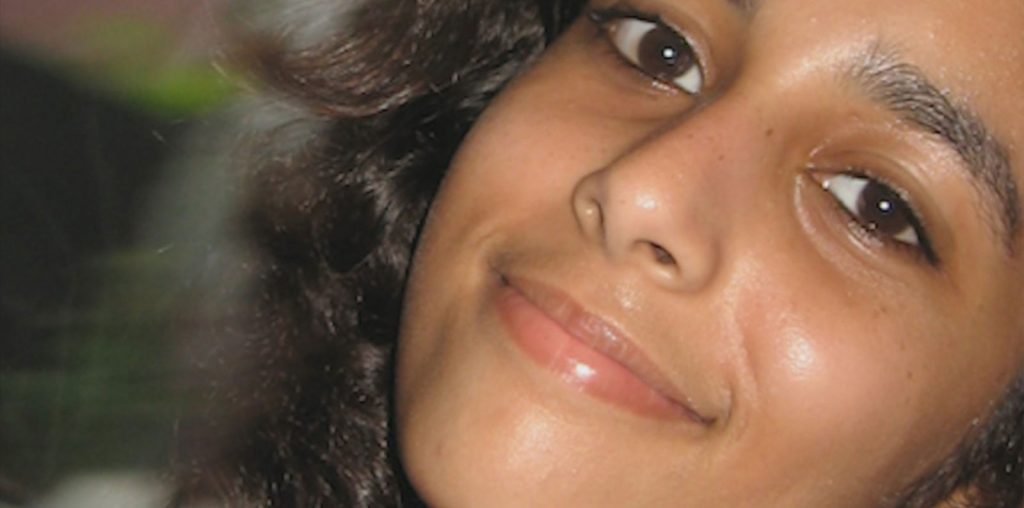
Winner of Sundance’s 2006 Grand Jury Prize, “13 (Tzameti)” follows a young, impoverished French immigrant, whose desperate quest for income brings a night of high-stakes brutality that makes “The Most Dangerous Game” look like a benign round of senior center bingo.
Wide-eyed brunette Sebastien (George Babluani, brother of the film’s director) provides roof repair to a whacked-out, disoriented dope fiend. During bouts of work, the hungry, unpaid roofer gets wind of a job proposition being considered by his shady, opium-shooting client. When the deadbeat doper dies of an overdose, Sebastien intercepts a mailed envelope of employment instructions meant for his junkie customer.
In a Hitchcockian plot progression, Sebastien takes on the dead man’s identity, hoping to claim his waiting job. He follows a discreet trail of train tickets, hotel room reservations, taxi rides, and phone conversations. Ultimately, the work-seeking laborer is forcefully engaged in a moneymaking venture beyond his worst nightmares.
“13 (Tzameti)” is an emotionally detached film. Perhaps it has to be, considering the awful depths of its violence and human cruelty. Reminiscent of “The Deer Hunter,” director, producer, and screenwriter Gela Babluani conjures up a vicious tournament of Russian Roulette. Contestants form a circle, load pistols with progressively larger quantities of bullets, spin the chambers, and aim at players standing in front of them. Meanwhile, hardened, decadent high rollers plunk down thousands to watch these shell-shocked men off each other until the victors remain standing.
With its high contrast black and white photography, “13 (Tzameti)” is beautifully shot, wearing an elegant exterior that screams “art.” This heightens the sense that Babluani is trying to create something more than just a callous exploitation film. And his brother, playing the hapless Sebastien, undergoes an amazing transformation from terrified innocent to cunning competitor. Warping and twisting under pressure, his fearful eyes ultimately become dead, shell-shocked sockets.
Dark? You bet. Unsparing? Most definitely. And Babluani is a skilled storyteller who knows how to build tension. Early scenes of Sebastien lowering tools from a rooftop via bucket might symbolize the depths of impending depravity he is forced to endure. But in the end, I’m not sure what “13 (Tzameti)” is trying to say. That human nature is evil? That innocence is short-lived? Sebastien is a decent man trying to honor his family. Is this a naïve, simplistic goal, to be punished with torture, post-traumatic stress disorder, and worse?
Meanwhile, another word about the “Deer Hunter” comparison. In that film, a similar game was staged. But it symbolized a larger truth about the Vietnam War. Christopher Walken’s roulette-playing burnout represented the damaged masses forever scarred by combat. Here, Sebastien’s need to put food on the family table is the only catalyst for his entry into this demonic casino attraction. Maybe Babluani, born in Tblissi, Georgia, based his film on violent memories from a youth spent amidst political upheaval and street shootings. If so, it’s no wonder that his movie also resembles “Hostel,” Eli Roth’s gory tale of an impoverished Euro-country fortifying its economy with torture chambers available to the decadent rich.
What a depressing spectacle. But it’s the most good-looking, well-acted, tension-filled depressing spectacle you’re likely to see any time soon.
